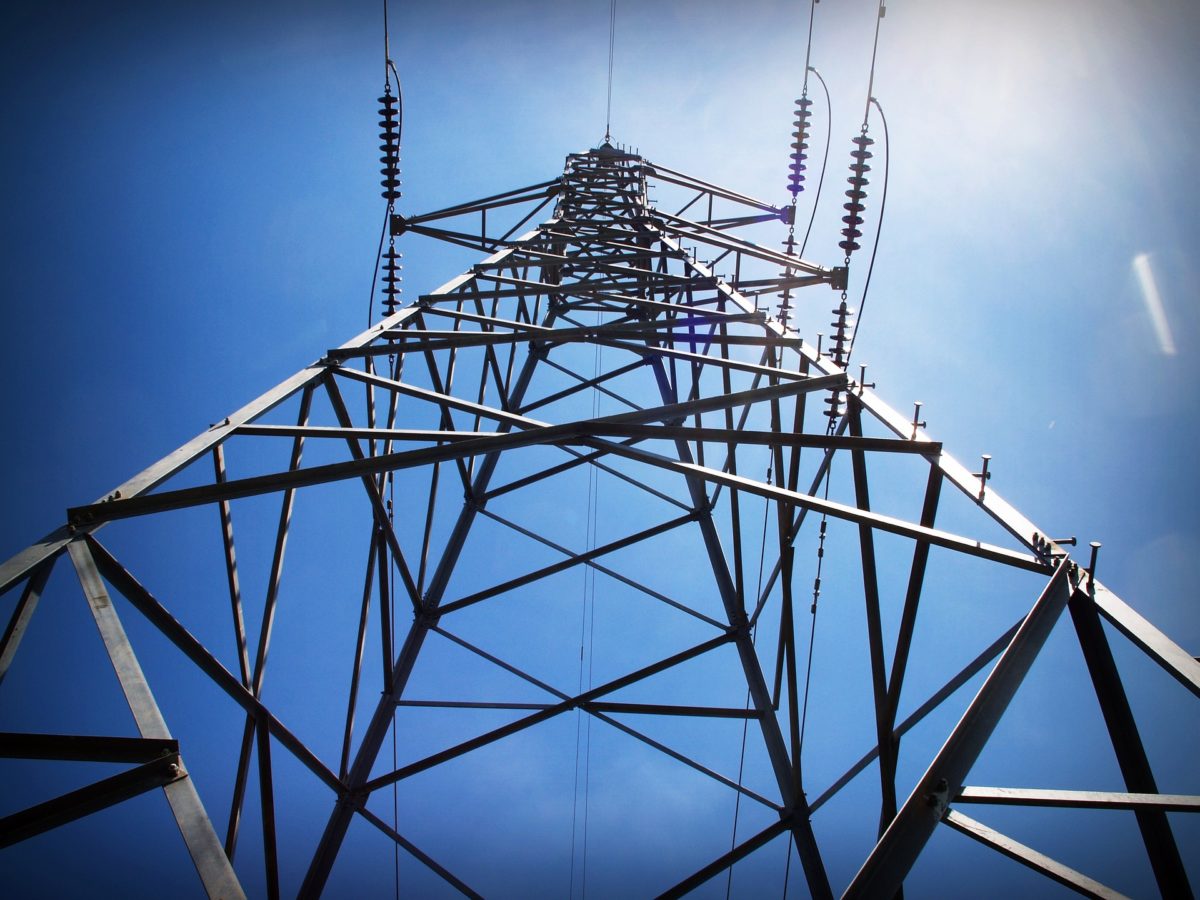German researchers studying the levelized cost of generating electricity (LCOE) have said new solar and wind farms in their nation can already compete with – and in some cases undercut – the operating costs of conventional, legacy power stations.
A statement issued by German public body the Fraunhofer Institute for Solar Energy Systems today, said new renewables projects “are on the same level with the operating costs of conventional power plants, if not lower.” With forecasters predicting carbon emission certificates will cost more than €100 per ton by the end of the decade, and PV power prices set to fall further, the writing could be on the wall for conventional generation in Germany.
pv magazine print edition
The conclusions have been presented in the latest, fifth edition of a study of LCOE prices which updated the previous iteration – published in 2018 – by including the impact of battery storage on electricity and renewables project costs.
The researchers said new conventional power stations in Germany would be unable to generate electricity any cheaper than €0.075/kWh and offered 2021 ranges of around €0.08-0.13 for combined cycle gas turbines (CCGT), €0.10-0.15 for lignite facilities, €0.11-0.20 for hard coal, and €0.11-0.29 for non-CCGT gas-fired power.
Those prices compared to €0.03-0.06/kWh for ground-mounted solar in Germany this year, rising to €0.05-0.10 with the addition of battery storage; the same, 5-10 cent level for large PV rooftops, with €0.065-0.14 when a battery is included; and €0.06-0.11 for residential solar, with a 2-9 cent premium if storage is added.
Today, large scale PV offers an LCOE of €0.0312-0.1101/kWh in Germany, according to the researchers, for a project cost of €530-1,600 per kilowatt-peak of generation capacity. The wide range of battery prices means the average costs of a hybrid system range between €0.0524 and €0.1972, the document stated.
Based on the expected learning curve for solar – the amount of price reduction anticipated from each doubling of generation capacity – the Fraunhofer ISE academics said the LCOE of solar by 2024 would be less than €0.10/kWh, excluding battery costs. On that basis, even solar-plus-storage projects would be cheaper than combined cycle gas plants by the end of the decade, and residential PV and storage, for around €0.05-0.12/kWh, would fall into the same bracket by 2040.
By that point, the researchers said, the price of solar and wind powered electricity will be “significantly lower” than that offered by fossil fuels, with ground-mounted PV offering an LCOE of €0.0192-0.0351 and a project cost of around €350 per kilowatt, and residential solar offering respective figures of €0.0358-0.0677/kWh and €615-985/kW.
This content is protected by copyright and may not be reused. If you want to cooperate with us and would like to reuse some of our content, please contact: editors@pv-magazine.com.




1 comment
By submitting this form you agree to pv magazine using your data for the purposes of publishing your comment.
Your personal data will only be disclosed or otherwise transmitted to third parties for the purposes of spam filtering or if this is necessary for technical maintenance of the website. Any other transfer to third parties will not take place unless this is justified on the basis of applicable data protection regulations or if pv magazine is legally obliged to do so.
You may revoke this consent at any time with effect for the future, in which case your personal data will be deleted immediately. Otherwise, your data will be deleted if pv magazine has processed your request or the purpose of data storage is fulfilled.
Further information on data privacy can be found in our Data Protection Policy.